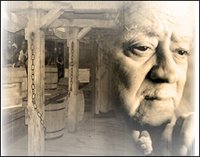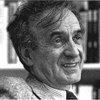Beyond FEATURES: Black History Month Controversies on Tolerance.org
 As February ends, check out discussions of “what’s missing” in our country’s observances of black history on Tolerance.org. In “Black History Month: ‘A Double-Edged Sword,’” Corry Joe Biddle, director of the Black Holocaust Museum in Milwaukee, asserts that special Black History Month events limit attention to this critical aspect of our past to simply four weeks each year.
As February ends, check out discussions of “what’s missing” in our country’s observances of black history on Tolerance.org. In “Black History Month: ‘A Double-Edged Sword,’” Corry Joe Biddle, director of the Black Holocaust Museum in Milwaukee, asserts that special Black History Month events limit attention to this critical aspect of our past to simply four weeks each year.“I think we have to teach our kids the right things and show them how important the integration of our history is in American history,” Biddle said. “We are happy people are coming (to the museum this month), but I’m not putting on the African drums and dancers to excite you because it’s February. I’m going to do it in January and March and all the other months so people will realize black history is ongoing.”
For further insights on how to teach children the impact of black history on our country’s past, present, and future, also read “Black History Month: What’s Missing,” which features King Center historians discussing this important topic.












